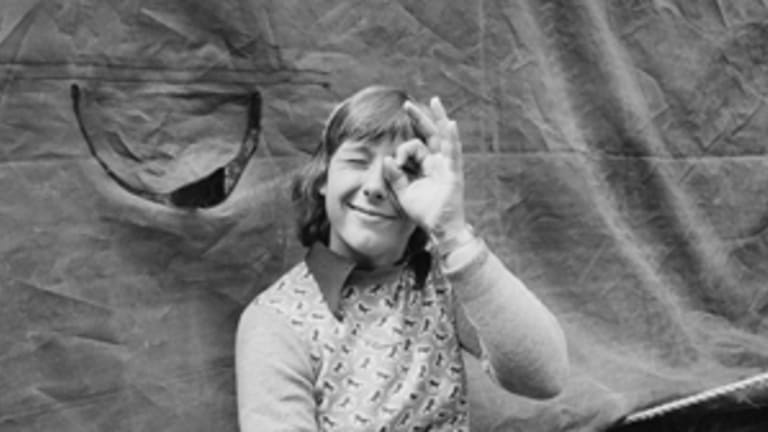This year marks the 50th anniversary of TENNIS Magazine's founding in 1965. To commemorate the occasion, we'll look back each Thursday at one of the 50 moments that have defined the last half-century in our sport.
With that simple, matter-of-fact declaration, an 18-year-old high-school student from Prague named Martina Navratilova made herself the biggest tennis story of 1975.
She made the statement in a jam-packed press tent at the West Side Tennis Club in Forest Hills, N.Y., on the final Saturday of the US Open. Pandemonium reigned around her as cameras clicked and reporters shouted questions; but the teenager remained as calm and self-assured as could be expected, considering what she had just done. The previous night, after her semifinal loss to Chris Evert, Navratilova had defected from her home country, Czechoslovakia, to the United States. In an instant, much to her surprise, she had made herself into a household name.
“I had no idea what a splash it would be,” she would say later, remembering that era of famous Cold War defectors. “After Baryshnikov, there was Navratilova.”
As a teenager who had yet to win a Grand Slam, Navratilova may have appeared an unlikely candidate for defection or superstardom at that moment. Looking back, though, it all seeemed inevitable. From the beginning, her personality had been pointing her in this direction. There was never any question in her mind that being free was her birthright.
As Johnette Howard wrote in her co-biography of Evert and Navratilova, The Rivals, Martina had spent her first two years on tour mostly ignoring the Czech officials who “were consistently leaning on [her] to play here, stay there, follow the rules, limit whom she talked to.” Instead, Navratilova had struck up friendships with Western players, stayed in pricey hotels, and stuffed herself with junk food—“I can’t believe I ate the whole thing,” was a favorite Americanism of hers when she was 16. In February of 1975, though, Navratilova did something more serious: She stayed an extra week at a tournament in Amelia Island without asking permission.
After that incident, the Czech tennis federation ordered her back to Prague, where she was subjected to a disciplinary hearing.
Navratilova’s nervous parents told her, “You can’t do whatever you want.”
“Why not?” was her answer.
